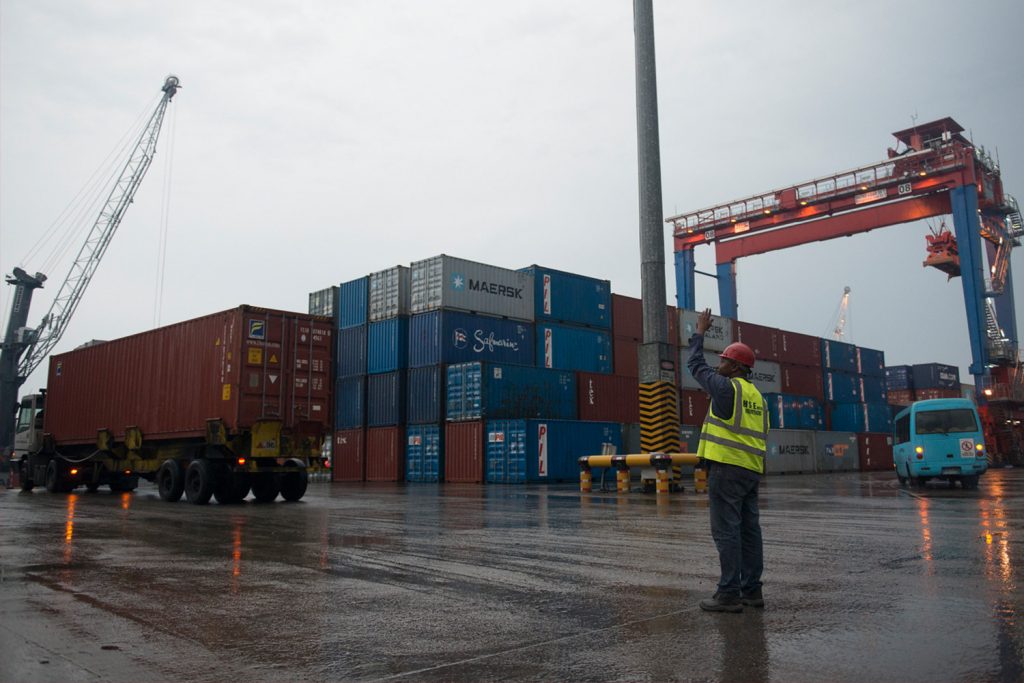The implementation of the electronic call-up system (E-call-up) for trucks at the Apapa Ports in Lagos, designed to alleviate persistent traffic congestion and improve port efficiency, has encountered significant resistance from entrenched cartels. Jama Onwubuariri, Managing Director of the Trucks Transit Parks (TTP), revealed that these cartels, operating both within and outside the government, are actively working to undermine the system and maintain the previous chaotic status quo, which allowed them to extort substantial sums from truck drivers. This resistance underscores the deep-seated corruption and vested interests that have long plagued the port operations.
Before the introduction of the E-call-up system, truck drivers were forced to pay exorbitant bribes, ranging from N250,000 to N300,000, to gain access to the port. This illicit practice, facilitated by a network of individuals including government officials and private actors, not only burdened truckers but also contributed to the severe traffic congestion and deterioration of roads leading to the port. The E-call-up system aimed to eliminate this extortion and streamline port access by electronically scheduling truck arrivals based on their scheduled business at the port. This system, if properly implemented, would significantly reduce congestion and improve the overall efficiency of port operations.
However, the transition to a transparent and automated system has met with fierce opposition from those who profited from the previous corrupt system. Onwubuariri highlighted the role of government officials who, having benefited from the old system, are now obstructing the implementation of the new system. They are actively working to sabotage the E-call-up system by delaying approvals for necessary innovations and upgrades, effectively hindering the progress of the TTP. This internal resistance within government agencies demonstrates the depth of the challenge in reforming the port operations.
Despite these challenges, the TTP remains committed to improving the E-call-up system and has implemented over 160 upgrades to the ETO app, the platform that manages the electronic call-up process. These updates aim to enhance the security and usability of the application, addressing issues identified by field workers and ensuring a smoother and more efficient process for truck drivers. The commitment to continuous improvement underscores the determination of the TTP to overcome the challenges and improve port operations.
The need for the E-call-up system has become even more critical due to increased port activity and population growth. Following the port concessions in 2006, spaces within the port that were previously used for temporary truck parking have been repurposed for container stacking, exacerbating the congestion on access roads. This, combined with the increased volume of imports and exports, has further intensified the need for an efficient and transparent system to manage truck traffic. The E-call-up system offers a viable solution to address these challenges and improve the overall efficiency of the port.
Onwubuariri appealed to both the Lagos State Government and the Nigerian Ports Authority (NPA) to enforce the standard operating procedures of the E-call-up system and take decisive action against those obstructing its implementation. He stressed the importance of strong government support and enforcement to overcome the resistance from cartels and ensure the long-term success of the E-call-up system. The future of efficient port operations in Lagos hinges on the ability of the government to address these challenges and support the implementation of the E-call-up system.














